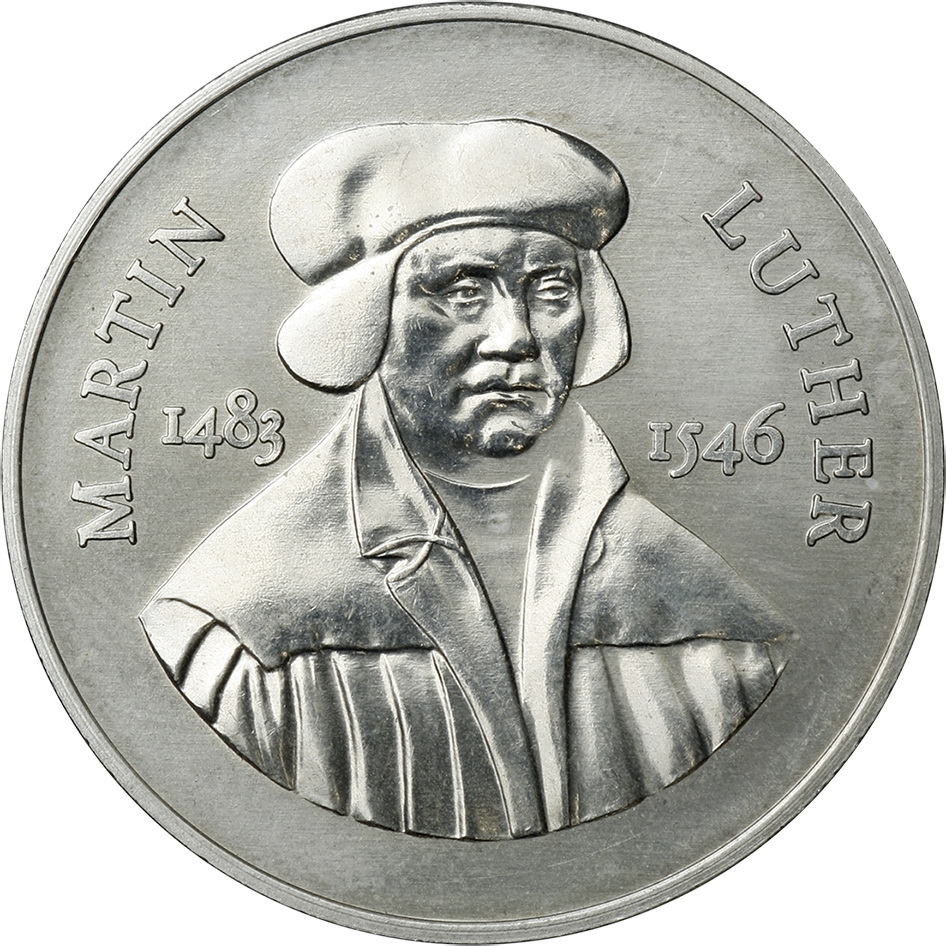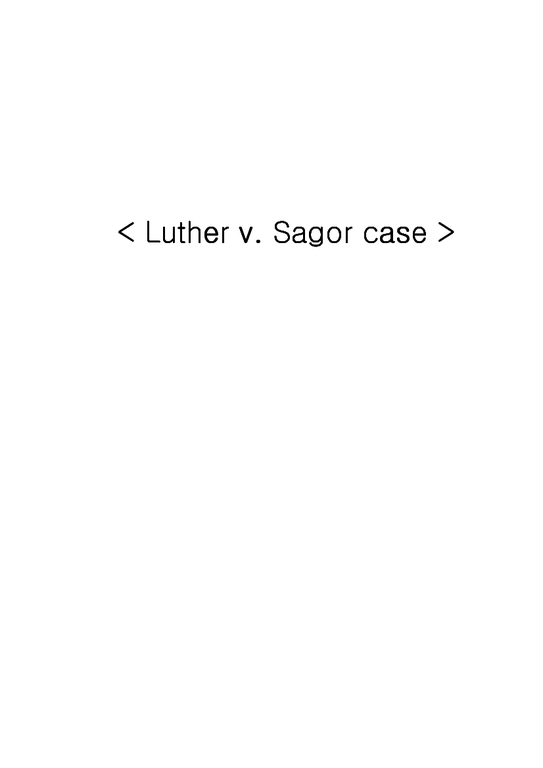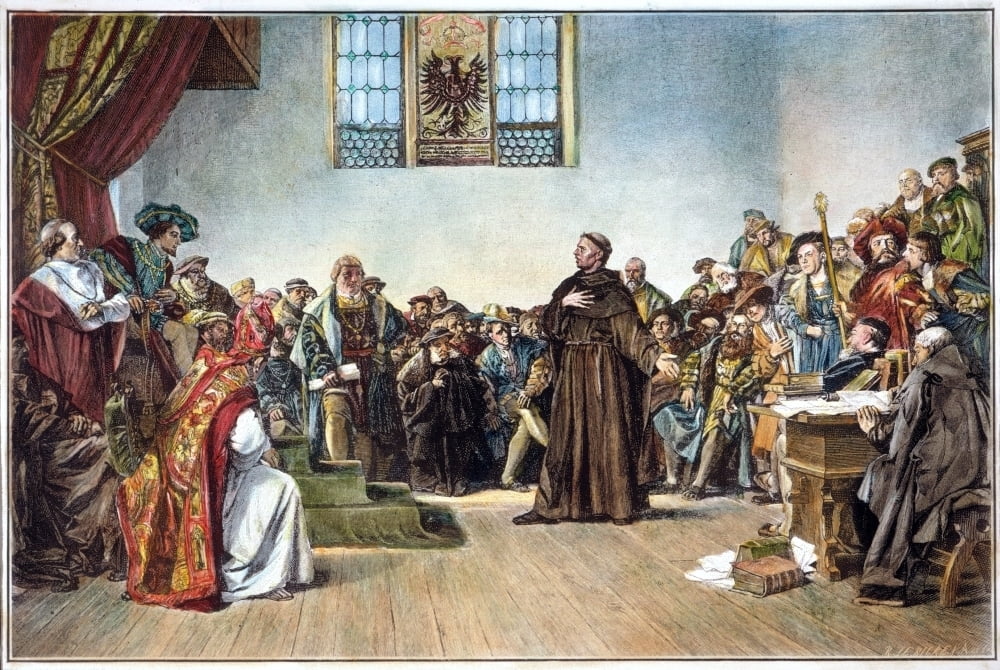
Luther
recognized. The opinion in Luther v. Sagor was erroneous because the Soviets were a de facto government of Russia, and that was all that was necessary in order to give effect to Soviet decrees acting upon property in Russia. The author confuses the relation in this respect, so that the chapter is somewhat jaundiced.

Martin Luther V119
The familiar and confusing distinction between de facto and de jure recog- nition is made even more confusing in a recent British decision, The Arant- zazu Mendi. The failure to understand the distinction between de facto recognition of a new state or government and de jure recognition, has been in. part caused by a careless use of terms.

국제법 Luther v. Sagor case 법학
Luther v. Sagor has indeed been much overworked, chiefly because excessive attention has been devoted to the judgment of Scrutton L.J. at the expense of those of Bankes and Warrington L.JJ. Read in the light of the American authorities on which it is based, Luther v. Sagor refers only to acts of the executive, but not to legislation or judgments.

martin luther king Clip Art Library
Part V. The law as to recog-nized states is well established, but uncertain as to the unrecognized. 25 Co-LUMBIA LAW REVIEW . 544. See also "Effect of Soviet Decrees in American. Luther v. Sagor, 37 Times L. R. 777; Oetjen v. Central Leather Co., 246 U. S. 297; Underhill v. Hernandez, 168 U. S. 250. For redress left open: under treaty.
Lutheran Subject (Schroeder's blog) Luther Lecture Series (Session 5)
Luther v. Sagor. Facts. The action was brought to establish the plaintiff company's right to a quantity of veneer or plywood which had been imported by the defendants from Russia.The plaintiffs' case was that they are a Russian company having a factory or mill at Staraja Russa in Russia for the manufacture of veneer or plywood, and that in the year 1919 the so-called Republican Government of.

Luther v Sagor , king's Bench Division , court of appeal ,1921 de facto & de jure recognition
Luther v Sagor (UK) 1921 Principle. Once a government is recognized, its acts will be granted as valid (by De-Facto recognization), even those prior to its recognition, known as the retrospective effect.; Act of state doctrine Fact. Luther was a British Citizen who used to run a Timber industry in Soviet Russia.

Luther CASE LAW NOTES Luther v. Sagor The case of Luther v. Sagor is a wellknown case in
State. That principle was considered in Luther v. Sagor to follow from an international obligation binding upon this country. This was also believed to be the attitude of the courts of the United States in a number of decisions relied upon in Luther v. Sagor. Yet a British court, sitting in Aden in 1953, held that as the

Martin Luther (14831546) Ngerman Religious Reformer Luther Defends Himself Before Holy Roman
Eg, Luther v Sagor [1921] 1 KB 456. But see Lord Carrington's statement announcing that in future the British government would no longer expressly recognise governments. 1980, Hansard, House of Lords, Vol 408, cols 1121-1122. Cf R v Sec of State for Foreign and Commonwealth Affairs, ex parte Trawnik, The Times, April 18, 1985.

Case Brief Luther Vs. Sagor, 1921 › The Legal Lock
Luther v. Sagor [(1921)3 KB 532,]. Students of Lawsikho courses regularly produce writing assignments and work on practical exercises as a part of their coursework and develop themselves in real-life practical skills.
_(cropped).jpg)
Martin Luther Wikiwand
Luther v. Sagor. - Volume 1. To save this article to your Kindle, first ensure [email protected] is added to your Approved Personal Document E-mail List under your Personal Document Settings on the Manage Your Content and Devices page of your Amazon account.

Luther Scrolller
Luther v Sagor [England, High Court (King's Bench Division), and Court of Appeal.] International Law. . 27 43 I agree with the submission by learned counsel for LV Finance that the present case is not the same as Luther v Sagor 28 or Princess Paley Olga v Weisz, 29 which are about the validity of acts of expropriation by a foreign.

Gambar Png Martin Luther King, Martin Luther, Raja Luther, Martin PNG dan Vektor dengan
Luther v. Sagor, [1921] 3 K. B. at 541. Cf. also Raestad, loc. cit., p. 303 ff. 9. He specifically disagreed with Lord Sumner in Duff Development Co. Ltd. v. Government of Kelantan, [1924] A. C. 797,823-824, "that recourse to H. M. Government is only one way in which the judge can ascertain the relevant fact," and rejected an argument.

Luther Martin Reformation · Free image on Pixabay
In Luther v Sagor counsel for the appellants adopted the view that the debt in Oxholm's case was situated in England: "It was said in the Court below that a confiscatory decree of a government . . . would not be enforced here - Wolff v Oxholm, but that only applies where the property is situate in this.

FG045 Martin Luther Forschergeist
54 The courts have followed the well-known cases on tangible property: Luther v. Sagor [1921] 3 K.B. 532 Google Scholar and Princess Paley Olga v. Weisz [1929] 1 K.B. 718 Google Scholar; Re Russian Bank for Foreign Trade [1933] 1 Ch. 745; Cheshire v. Huth (1929) reported at (1946) 79 LI.L.R. 263 at 266 Google Scholar; Novella v.
Download Graphic Of Mlk By Tony Virrueta / Beacon Media News Martin Luther King Jr Speech
Luther v. Sagor. The case of Luther v. Sagor is a well-known case in the area of contract law. It was decided by the UK House of Lords (now the UK Supreme Court) in 1921. In this case, the plaintiff, Mr. Luther, was a shareholder in a company that was sold to the defendants, Mr. and Mrs. Sagor. The sale agreement contained a clause that.

Case Brief Luther Vs. Sagor, 1921 The Legal Lock
This is the case of Luther v. Sagor. British citizen Luther used to run the timber business in Soviet Russia. On June 20, 1918, the Russian Soviet Government allegedly issued a decree stating, among other things. That the Russian Federative Republic was the owner of all mechanical sawmills operated by limited or private companies with a capital of more than 1,000,000 roubles.